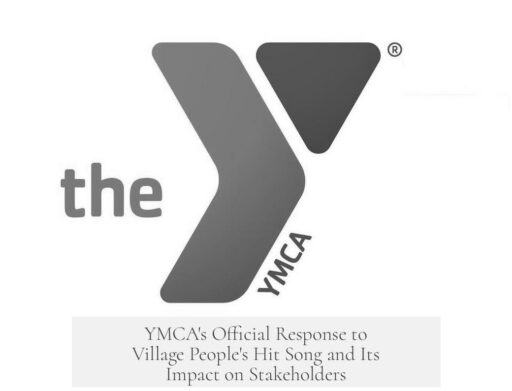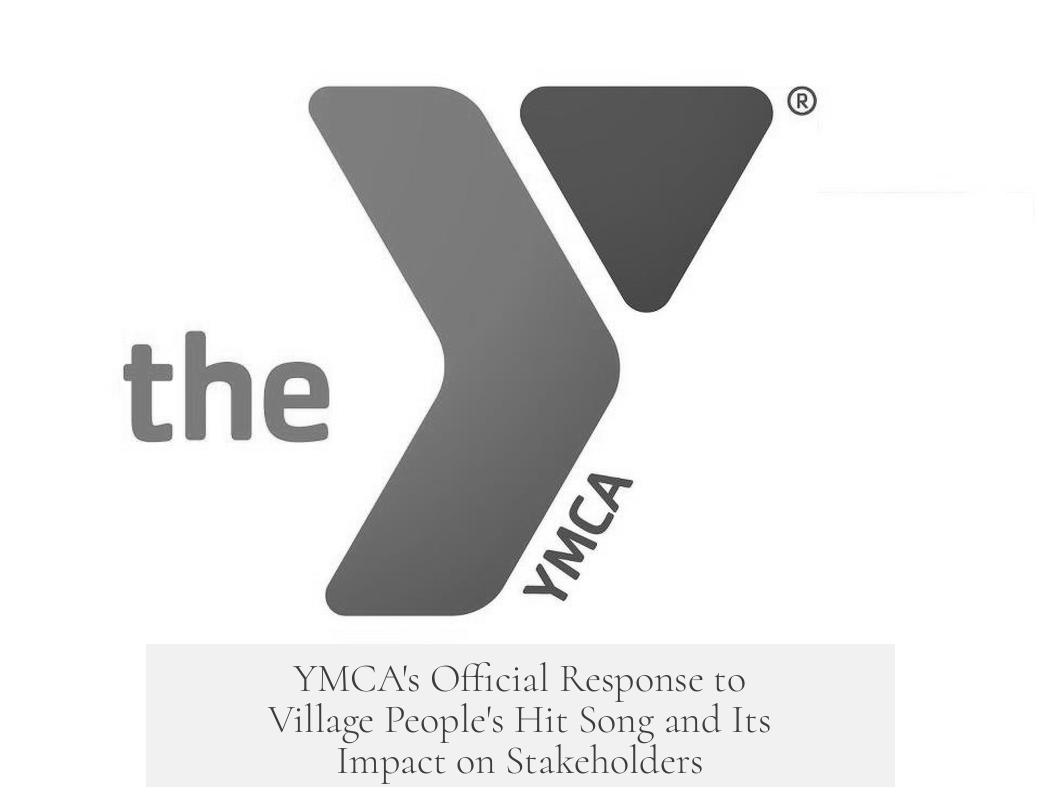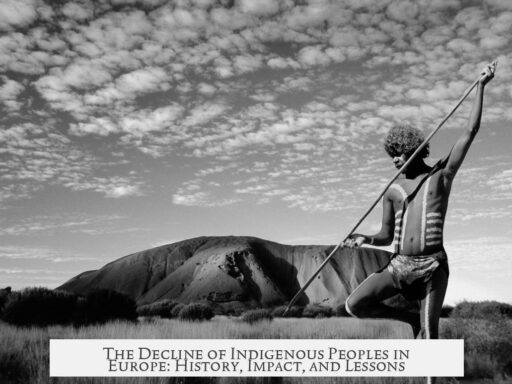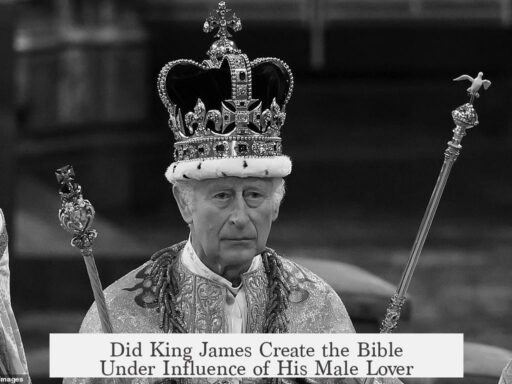The song “YMCA” by the Village People experienced a complex reception by the YMCA, its stakeholders, and allies at the time of its release. Initially, the YMCA considered legal action for defamation due to perceived homosexual implications, but the lawsuit never materialized. Over time, however, the YMCA shifted its stance, coming to embrace the song as a positive representation of their organization and its welcoming spirit.
The song “YMCA,” released in 1978, was inspired by a mixture of factors. Jacques Morali and the Village People became intrigued by the YMCA building on 23rd Street in New York City during a photography session. Morali asked about the YMCA, and they explained it served as a low-cost refuge for newcomers without much money. This practical and social function of the YMCA sparked Morali to write a song about it, inspired by the juxtaposition of its role as a wholesome shelter and its subcultural use as a meeting place, especially for gay men.
The authorship and lyrical interpretation of “YMCA” often spurred debate within the Village People ensemble. Some members denied that the song was intended as a gay anthem, pointing out that the lyrics themselves contain no explicit references to homosexuality. Victor Willis, the original lead singer and lyricist, argued that it was simply a fun song. Others, however, acknowledged the song’s strong gay subtext, reflecting the group’s identity and the context of New York’s gay culture in the late 1970s. This duality of interpretation played a role in how the YMCA and broader audiences perceived the song, both at the time and later on.
The environment of YMCA facilities in the 1970s was layered. Publicly, YMCA branches promoted Christian values, muscular culture, and fitness. Privately, many young gay men found the YMCA to be a discreet social space and even a site for early homosexual encounters. This inherent tension framed the YMCA as a symbol with overlapping meanings—one as an established social institution and the other as a refuge for the gay community. The Village People, particularly Morali and Randy Jones, tapped into this cultural reality when creating the song.
When “YMCA” became widely popular, reports indicated the YMCA organization considered suing the Village People for defamation, worried that the song’s homosexual implications might tarnish its image. Such a lawsuit would have been difficult to pursue at the time due to the ambiguous nature of the lyrics, Willis’s public denials of homosexuality, and broader “clone culture” contexts. Ultimately, the YMCA chose not to pursue legal action, possibly to avoid public controversy or legal ambiguities.
Decades later, the YMCA publicly embraced the song. In 2008, its media relations manager told Spin magazine that the YMCA celebrates the song “YMCA,” viewing it as a positive and welcoming statement about what the organization offers worldwide. This evolution signals a broader cultural shift toward inclusivity and recognition of the YMCA’s historical complexities.
The song’s long-term cultural impact extends beyond the original context. “YMCA” is widely played at sports events and parties, often without awareness of its gay subtext. A common reaction among the public is surprise upon learning the song’s origins. Regardless, “YMCA” remains popular as a dance anthem, celebrated for its catchy tune, communal chorus, and spirit of fun.
| Aspect | Details |
|---|---|
| Inspiration | Inspired by the YMCA’s role as a safe refuge and social space in NYC |
| Song’s Meaning | Disputed between intended fun and gay subtext |
| YMCA’s Initial Reaction | Considered suing but did not proceed with legal action |
| YMCA’s Later Position | Currently embraces the song as positive and inclusive |
| Cultural Impact | Popular anthem often played without recognition of gay themes |
- The YMCA initially viewed “YMCA” with suspicion and considered legal challenges.
- The song reflects complex social realities of the 1970s YMCA environment.
- Village People members differ on whether the song was a gay anthem.
- The YMCA now embraces the song and its widespread positive reception.
- Many listeners enjoy the song unaware of its original gay cultural context.
Q1: How did the YMCA initially react to the Village People’s song “YMCA”?
The YMCA considered suing for defamation due to the song’s homosexual implications. However, they did not follow through with legal action, as proving claims was difficult and potentially awkward.
Q2: Did the YMCA see any positive aspects of the song “YMCA” over time?
Yes, by 2008, YMCA representatives expressed acceptance and celebration of the song. They viewed it as a positive statement about the YMCA’s services worldwide.
Q3: Was the song “YMCA” intended as a gay anthem according to the Village People?
The members conflicted on this. Some said it had no gay intent, while others confirmed it was written with gay origins, celebrating gay men’s experiences at the YMCA.
Q4: What was the YMCA’s cultural environment during the 1970s when “YMCA” was written?
The YMCA was both a conservative Christian institution and a place where many young men had their first homosexual experiences, blending two contrasting social realities.
Q5: How do many people today perceive the song “YMCA” in relation to its gay subtext?
Many use it as a fun dance song without awareness of its gay meaning, especially at events like sports games where its original context is often overlooked.




